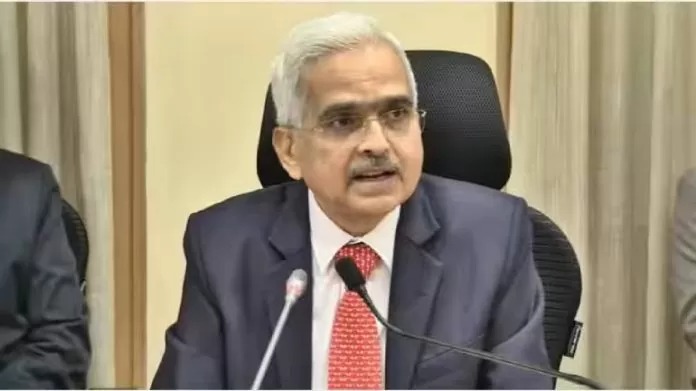
Reserve Bank of India (RBI) Governor Shaktikanta Das has urged banks to curb mule accounts. Das held a meeting with MDs and CEOs of public sector and select private sector banks in Mumbai today, July 3. During the meeting, he also called for increasing awareness and educational initiatives among customers along with other measures to prevent digital fraud. Das also stressed the need for banks to ensure strong cybersecurity controls and effectively manage third-party risks.
These important issues were also discussed in the RBI meeting
RBI said that topics such as persistent gap between credit and deposit growth, liquidity risk management, ALM-related issues, trends in unsecured retail lending, cyber security, third party risk and digital frauds were discussed in the meeting.
The meeting also discussed strengthening the assurance function, credit flow to MSMEs, increasing the use of the Indian rupee for cross-border transactions and banks' participation in the Reserve Bank's innovation initiatives. Das also spoke on the importance of further strengthening governance standards, risk management practices and compliance culture in banks.
What is a mule account?
Mule account means an account that is opened by one person but operated by another person. Such accounts are often used for money laundering or tax evasion. A mule account can be a bank account or a demat account in which shares are kept. Regulators have strict rules that every bank or demat account can only be operated by the person in whose name it has been opened. This means that it can only be used by the person whose KYC has been done to open the account.
Mule accounts violate several rules and can be prosecuted under the Prevention of Money Laundering Act (PMLA). Also, such arrangements are illegal under tax laws. Even SEBI and Reserve Bank of India (RBI) regulations state that such accounts should not be used.
 look news india
look news india
